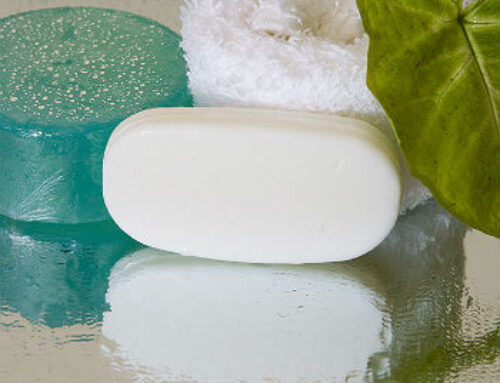Getting access to routine dental care is often difficult for seniors. Medicare for those 65 and older doesn’t cover regular dental care, and Medicaid is limited in some states. Many seniors lose their dental coverage upon retirement. Paying out of pocket for trips to the dentist is often difficult for low-income seniors.
Yet, it’s vitally important for overall health to keep up with dental exams to prevent problems down the road. If you’re inclined to skip checkups because you can’t afford it or you already have implants, dentures and bridges and don’t think you need any other dental care, you might want to reconsider.
Let’s look at a few proactive ways to take care of those pearly whites:
Oral Irrigators
The microorganisms that are responsible for gum disease are often called “bad bugs”. These bad bugs are opportunistic and can break down the gum tissue and underlying bone tissue. You don’t have to have a family history or show signs of gum disease to get it yourself.
“The reason we say bad bugs are opportunistic is because they can and do live in the mouths of people who don’t show signs of gum disease, however their numbers are not sufficient to do damage,” according to OraWellness. “Bad bugs are only trouble when the host immune system (that’s us) is diminished sufficiently that the bad bugs can really ramp up their numbers and colonize the gum line.”
A common and effective oral hygiene strategy is flossing because it attacks the microorganisms under the gumline, even further down than a toothbrush. If you don’t like to floss or don’t have the dexterity to floss effectively, there’s another way.
An oral irrigator, typically known as a Waterpik or Hydrofloss, has been a proven method for many decades. Flushing the mouth and teeth is a great alternative to flossing. Just don’t crank up the pressure too high because it can flush microorganisms too far down into the gumline. If there are 10 settings on the Waterpik, dentists recommend not turning the pressure up past 3. An even simpler way that doesn’t involve a water irrigator would be to swish water around in your mouth for 30 seconds.
Take Care of Implants and Dentures
If you have dental implants, you want them to last as long as possible. Basic care of dental implants is the same as it is for natural teeth. If you’re new to implants, you’ll want to be extra gentle. As time goes on, you can go back to your normal brushing and flossing routine.
Without proper care of dental implants, you’re subjecting yourself to plaque buildup, periodontal disease and even implant replacement, which will cost even more money! Some dentists will offer free annual implant check-ups and x-rays for the first three years after implant placement as part of their care program.
Dentures require similar care to keep them clean, stain-free and looking good. According to the Mayo Clinic, you should rinse dentures after eating to remove food and other particles; handle them carefully so you don’t bend or damage any part of them; use a soft-bristled brush to clean your entire mouth after removing dentures; brush dentures at least once daily; soak them overnight; and rinse thoroughly before putting them back in your mouth.
Night Guards
Teeth grinding is a common condition for millions of Americans. The technical term for teeth grinding is bruxism, which is the habit of unconsciously gritting and grinding the teeth or clenching the jaw during sleep.
Bruxism affects about 10 percent of adults and as many as 15 percent of children, according to the American Sleep Association. That’s at least 30 million people who experience teeth grinding on a daily basis, and many of those cases go untreated.
Some people fail to realize just how serious this condition is. Teeth can be worn down to the nub in some cases. People can also experience tooth loss, tooth fractures, headaches and jaw pain.
One way to protect the teeth from bruxism is to get fitted with a mouth guard by your dentist. A mouthguard “places a barrier between the upper and lower teeth, which means they won’t scrape against one another during the sleep.”
Your dentist will make an impression of your teeth and then a mouth guard, usually made of plastic, is molded over the impression. A mouth guard provides the most protection and comfort when you are sleeping.
As you can see, taking care of your teeth as you age is an important part of staying healthy and out of the dentist chair for expensive procedures. If you can’t afford regular care, look into free opportunities in your area. Also, check out Oral Health America’s website Tooth Wisdom, which is a non-profit organization that helps seniors get affordable dental care. Another website is Dental Lifeline Network, that helps older people connect with dentists who offer free or low-cost dental care.
Brooke Faulkner is a senior rights advocate and mother of two in the Pacific Northwest. She loves spending time with friends and family at the assisted living facility near her home, and has collected more stories there than she can count.






